
Nobel Laureate Urges China To Deepen Space Collaboration
Reinhard Genzel, a German astrophysicist, was awarded the 2020 Nobel Prize in Physics for the discovery of a supermassive compact object at the center of the Milky Way. Before that, he was awarded the 2008 Shaw Prize in astronomy.
During a four-day event organized by the Hong Kong Laureate Forum that concluded on November 8, Genzel told Asia Times in an interview that although Beijing has invested heavily in space projects in the past decade, it must convert technological momentum into institutional permanence or risk falling behind in a new global contest where longevity outweighs velocity.
“You have a government which is willing to support scientific research, but will they be willing to support it for a very long time, a sustained effort?” Genzel said.“You have to build up a structure that can make that case.”
He stressed that scientific ambitions require institutions built to outlast political cycles.
Genzel is also a co-director of the Max Planck Institute for Extraterrestrial Physics (MPE), a professor at the Ludwig Maximilian University of Munich (LMU) and a professor at the University of California, Berkeley. He has been both an observer and architect of international space science collaboration, having worked across continents and institutions that rely on governance models designed for long-term, cross-border scientific alignment.
His commentary arrives at a moment when China has dramatically expanded its national research footprint, particularly in radio astronomy, lunar exploration, deep-space observatio and astrophysical infrastructure.
Asked about global competition, Genzel said the era when the US singularly steered space science, fueled by Cold War investment and strategic rivalry, has now given way to a more distributed landscape.
“We had a US century. China is making very strong strides to follow. Europe has done well, too, especially since we learned to collaborate, not think in terms of 'I want my own thing,'” he said.
Genzel said Europe's progress had been driven by the cooperative frameworks forged during the Cold War, when shared science initiatives proved more effective than isolated national efforts.

Legal Disclaimer:
MENAFN provides the
information “as is” without warranty of any kind. We do not accept
any responsibility or liability for the accuracy, content, images,
videos, licenses, completeness, legality, or reliability of the information
contained in this article. If you have any complaints or copyright
issues related to this article, kindly contact the provider above.

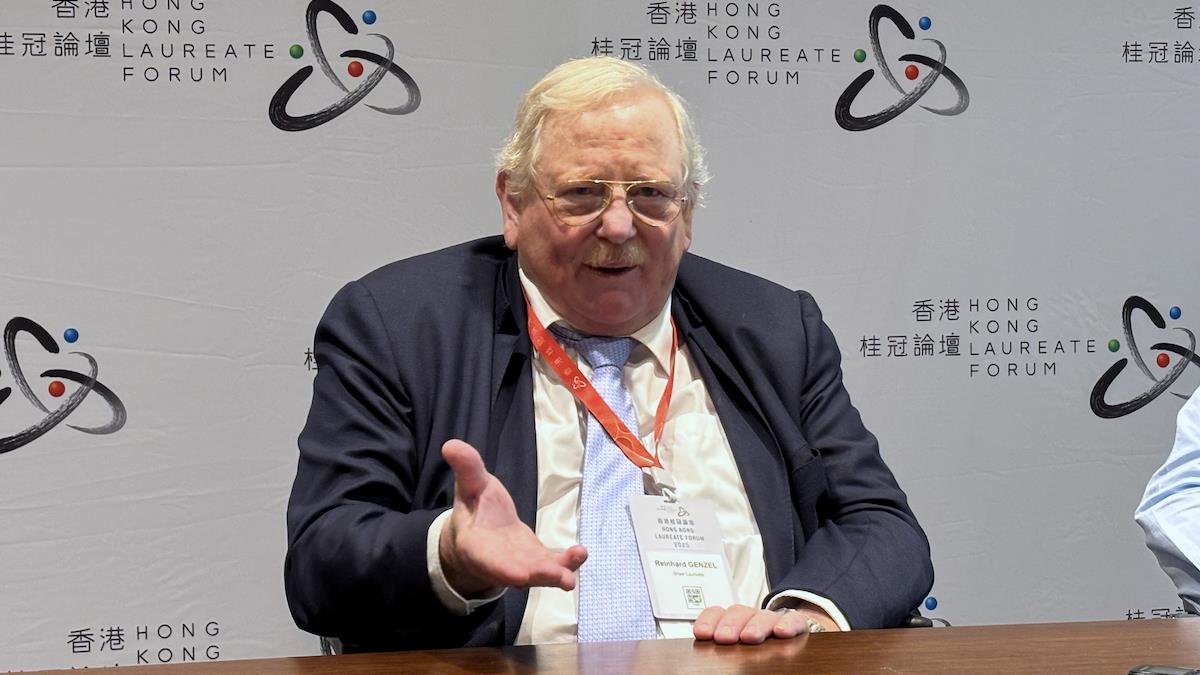
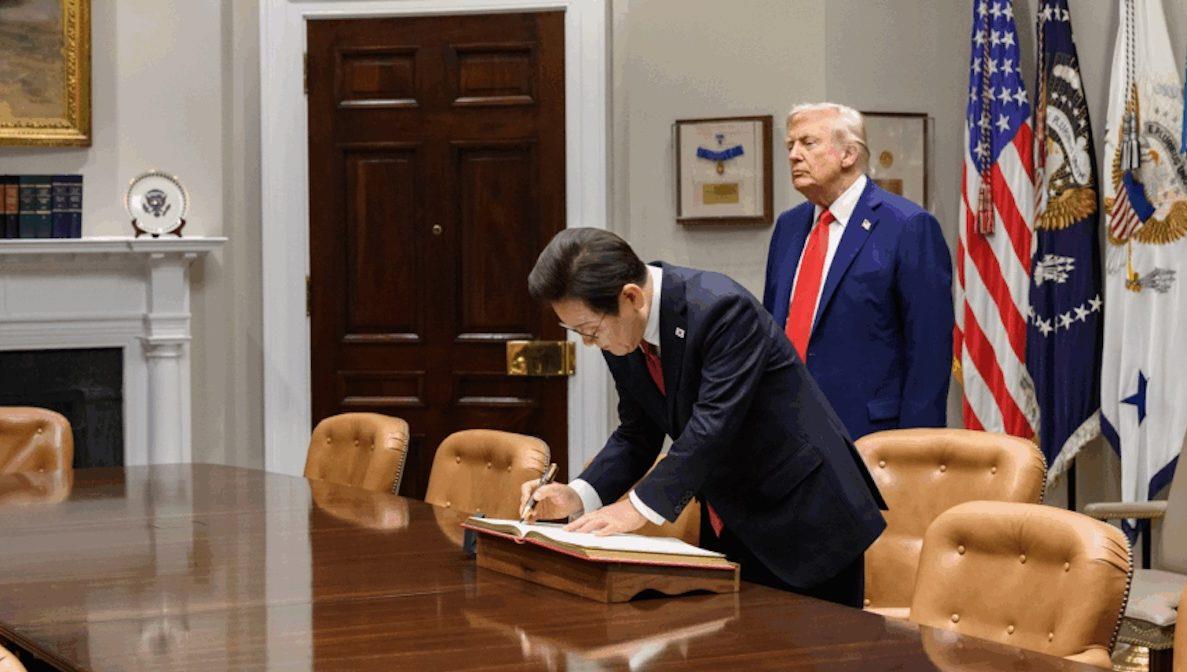
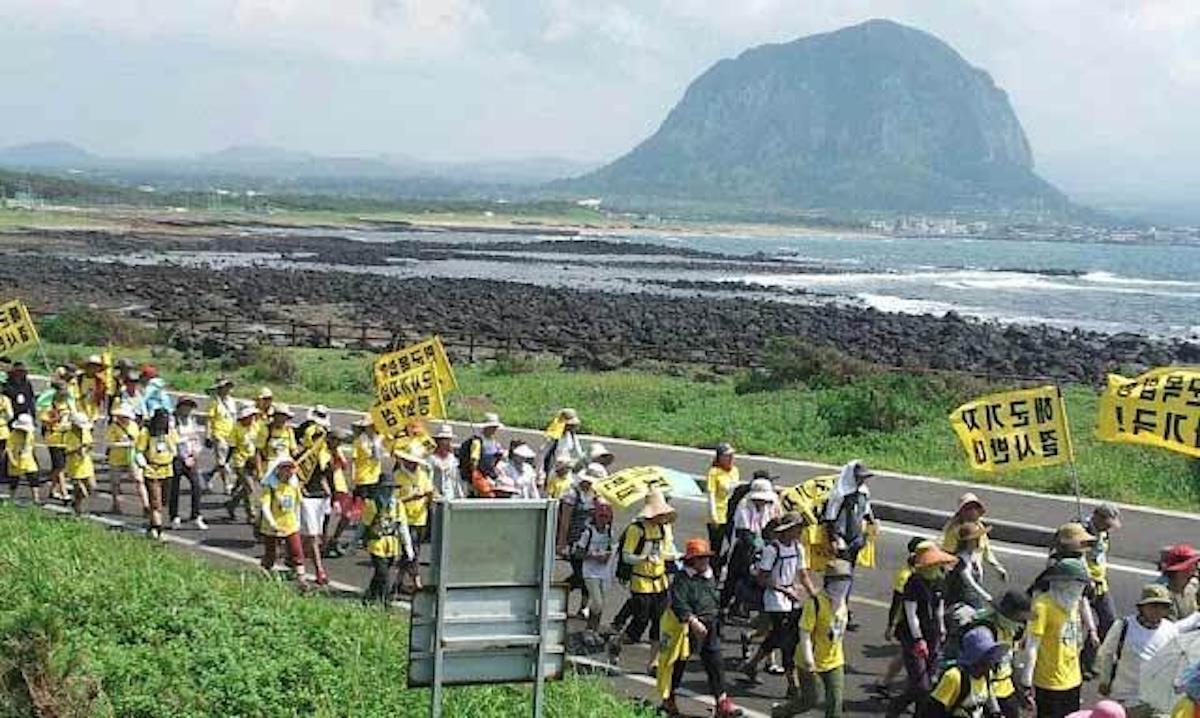

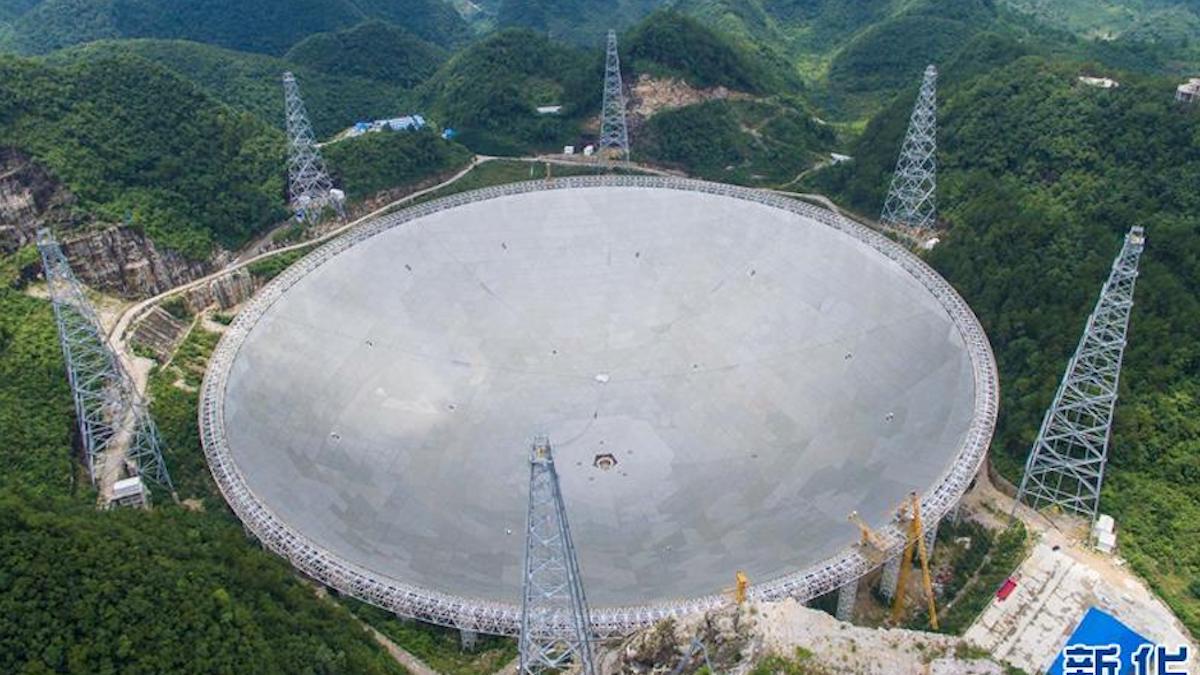
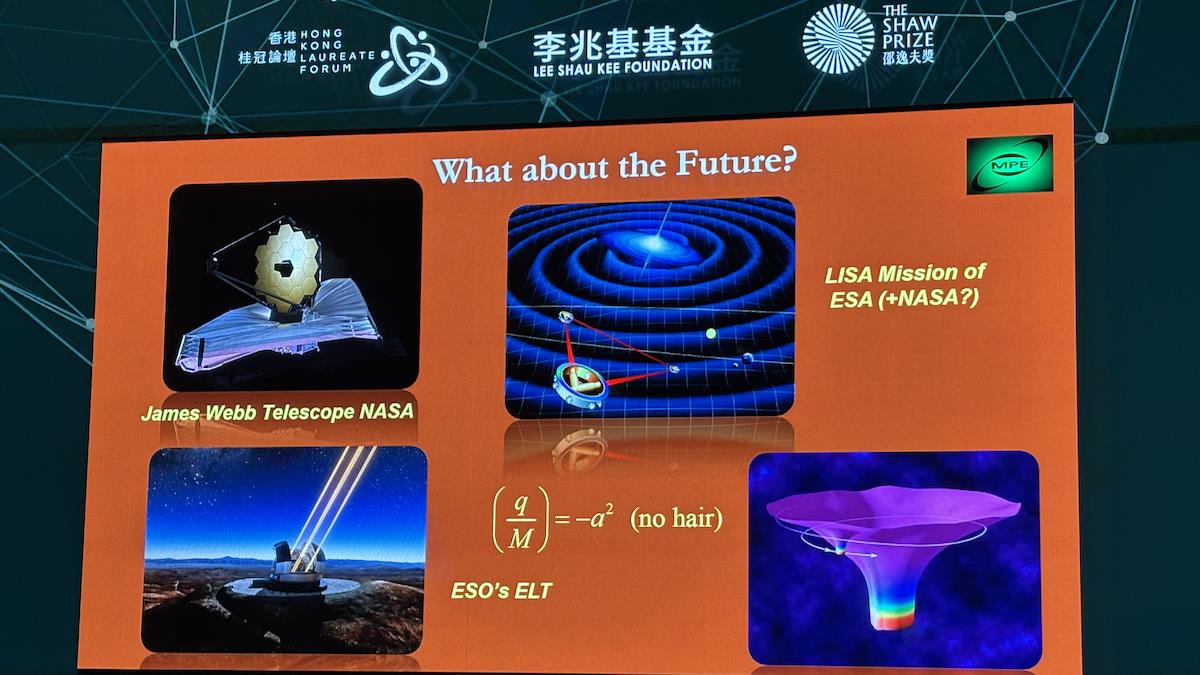


















Comments
No comment